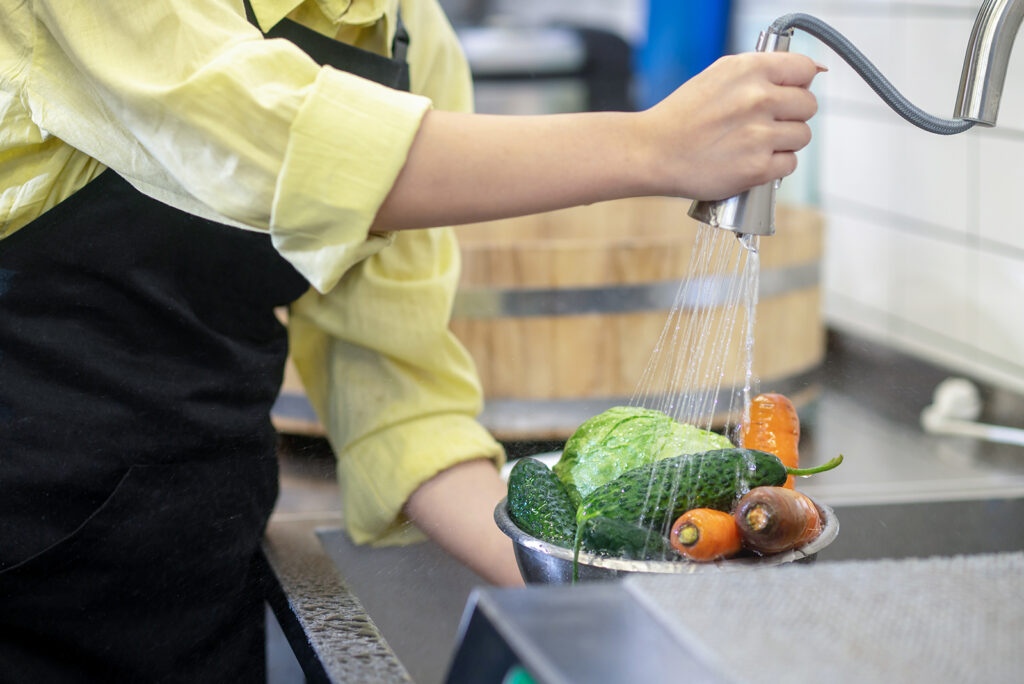Food safety is crucial for preventing foodborne illnesses that can cause unpleasant symptoms and even serious health complications. This article highlights essential food safety practices.
Preventing Foodborne Illnesses: Proper food handling, cooking, and storage practices can significantly reduce the risk of foodborne illnesses.
Handwashing: Wash hands thoroughly with soap and water for at least 20 seconds before and after handling food.
Cross-Contamination Prevention: Separate raw meat, poultry, and seafood from other foods to avoid cross-contamination.
Thorough Cooking: Cook meat, poultry, and seafood to the recommended internal temperatures to kill harmful bacteria.
Proper Refrigeration: Refrigerate perishable foods promptly and maintain a refrigerator temperature of 40°F (4°C) or below.
Cleaning and Sanitizing: Clean and sanitize kitchen surfaces, utensils, and cutting boards regularly to prevent bacterial growth.
High-Risk Individuals: Pregnant women, young children, older adults, and individuals with weakened immune systems should take extra precautions to prevent foodborne illnesses.







